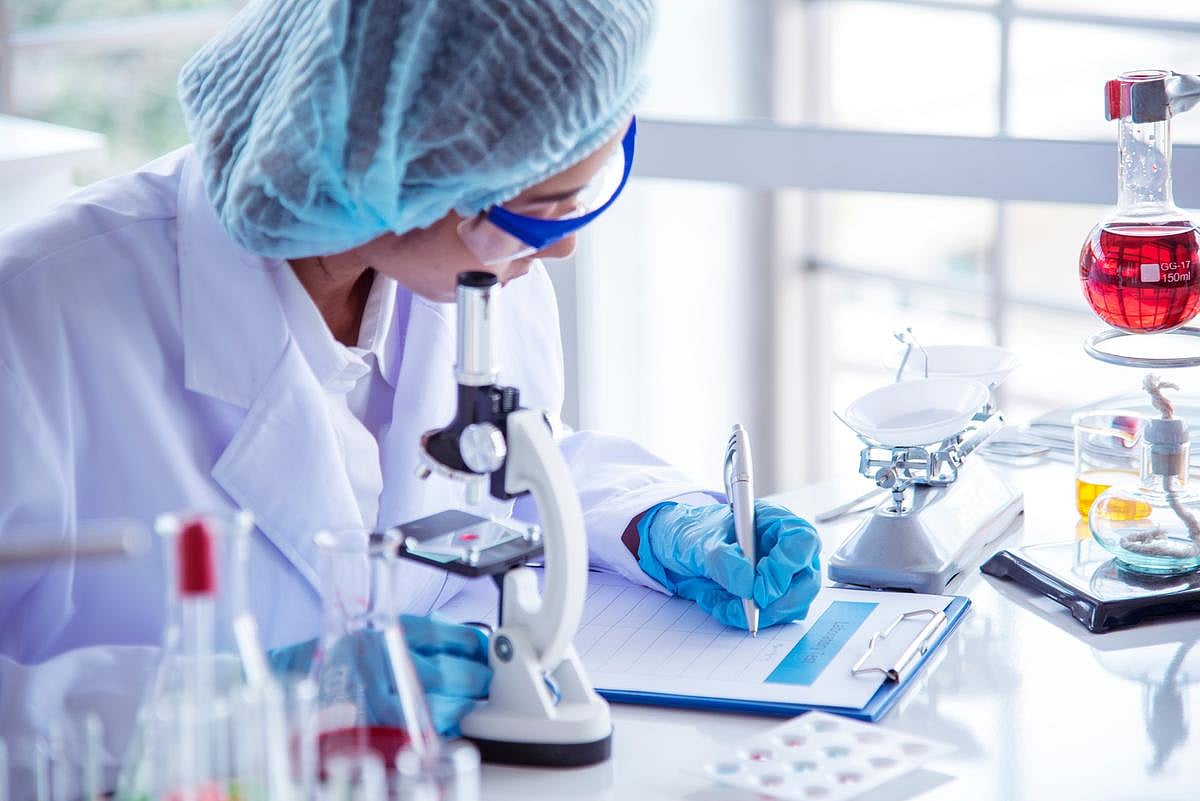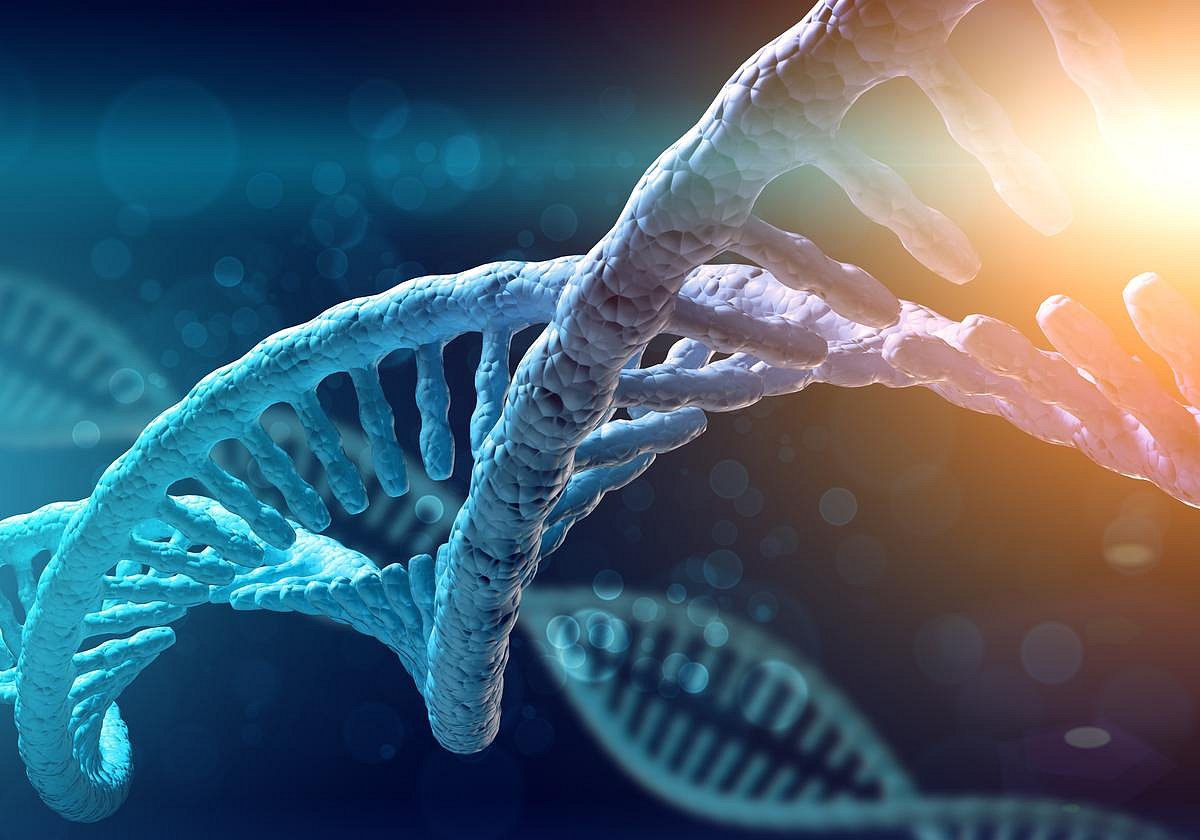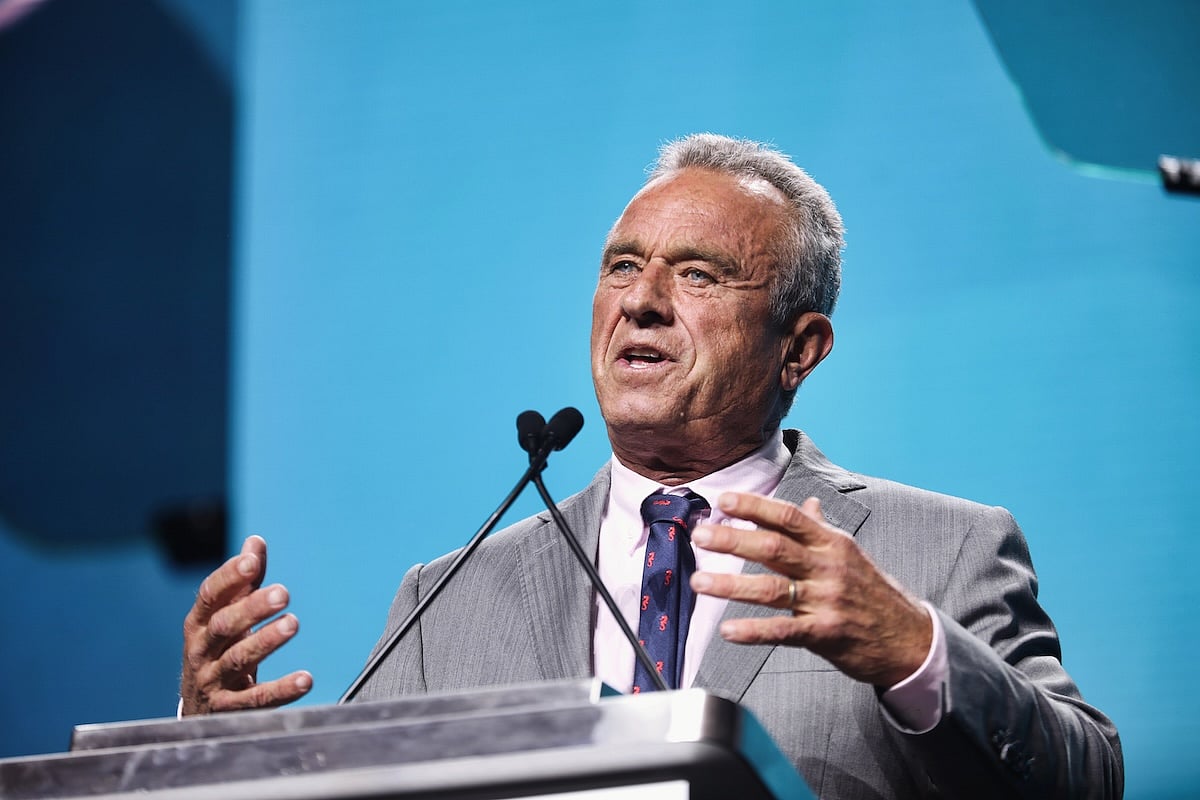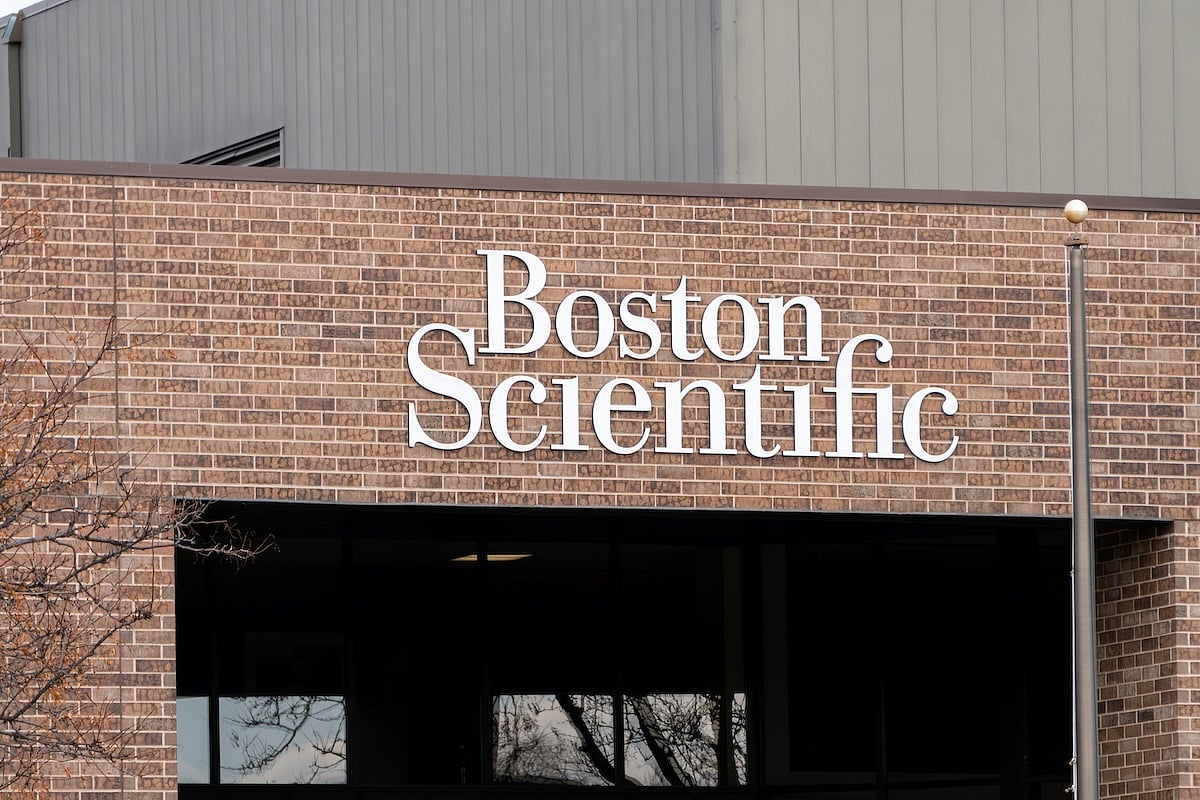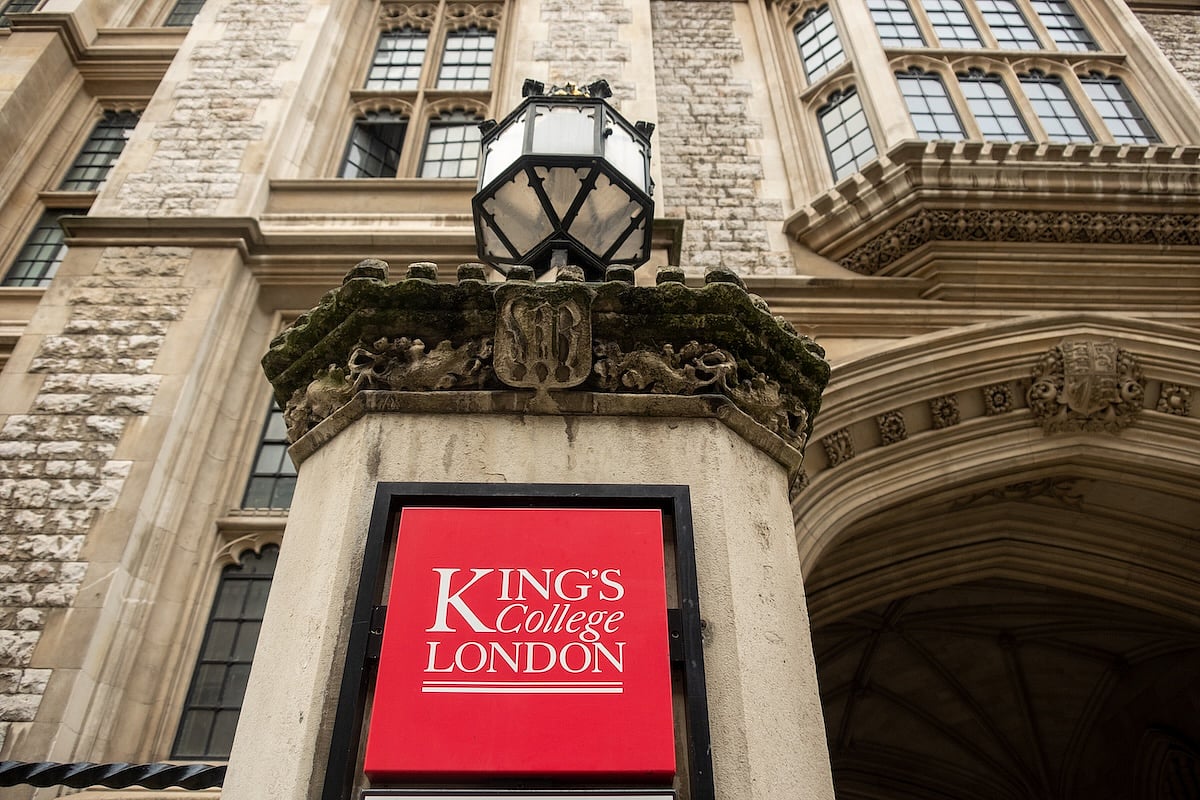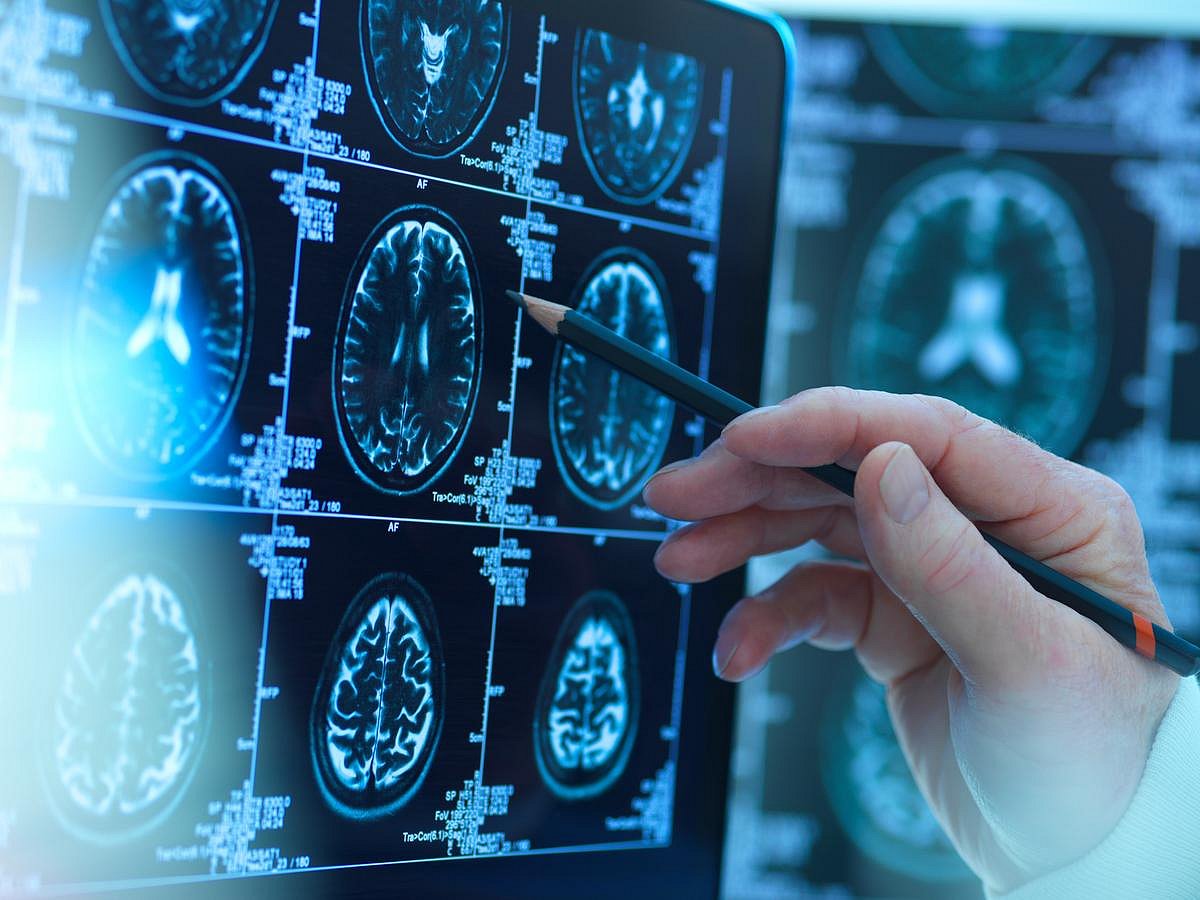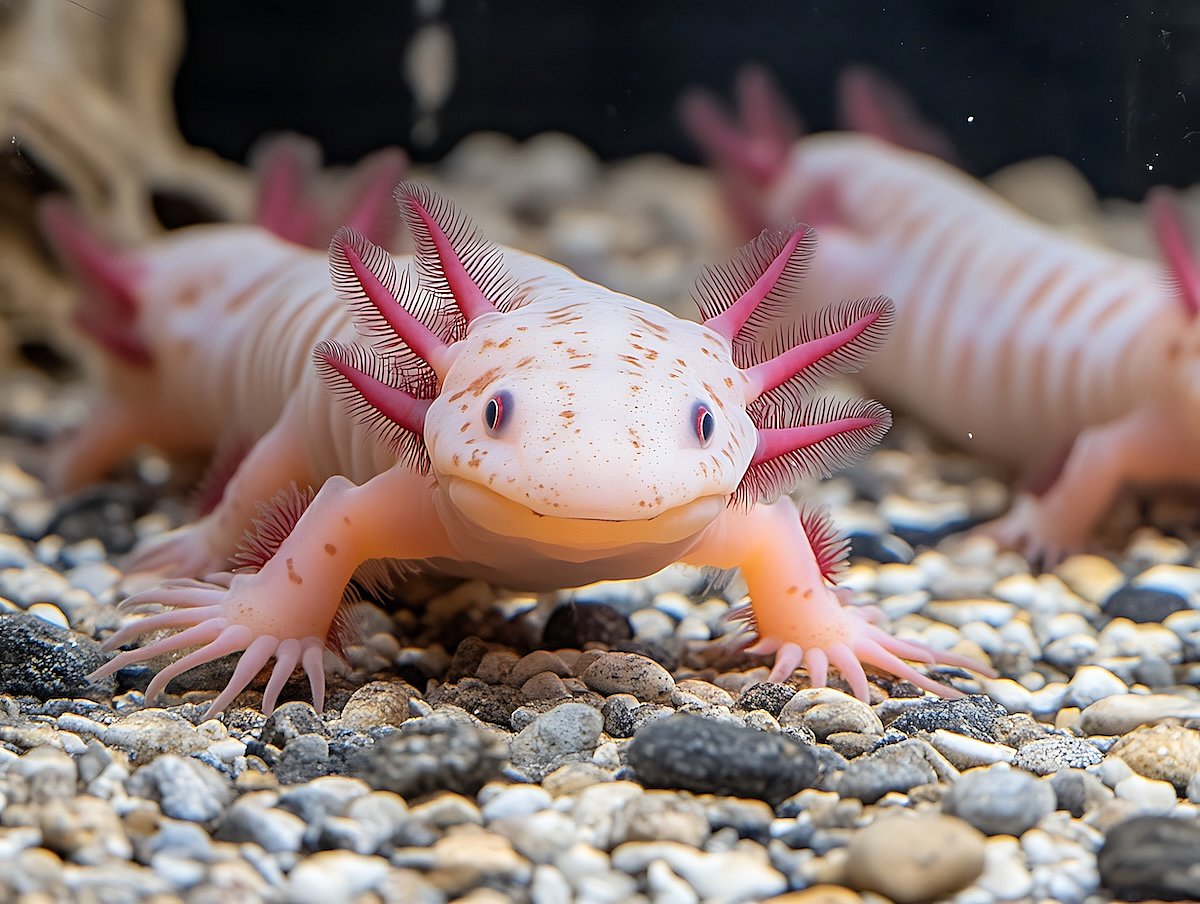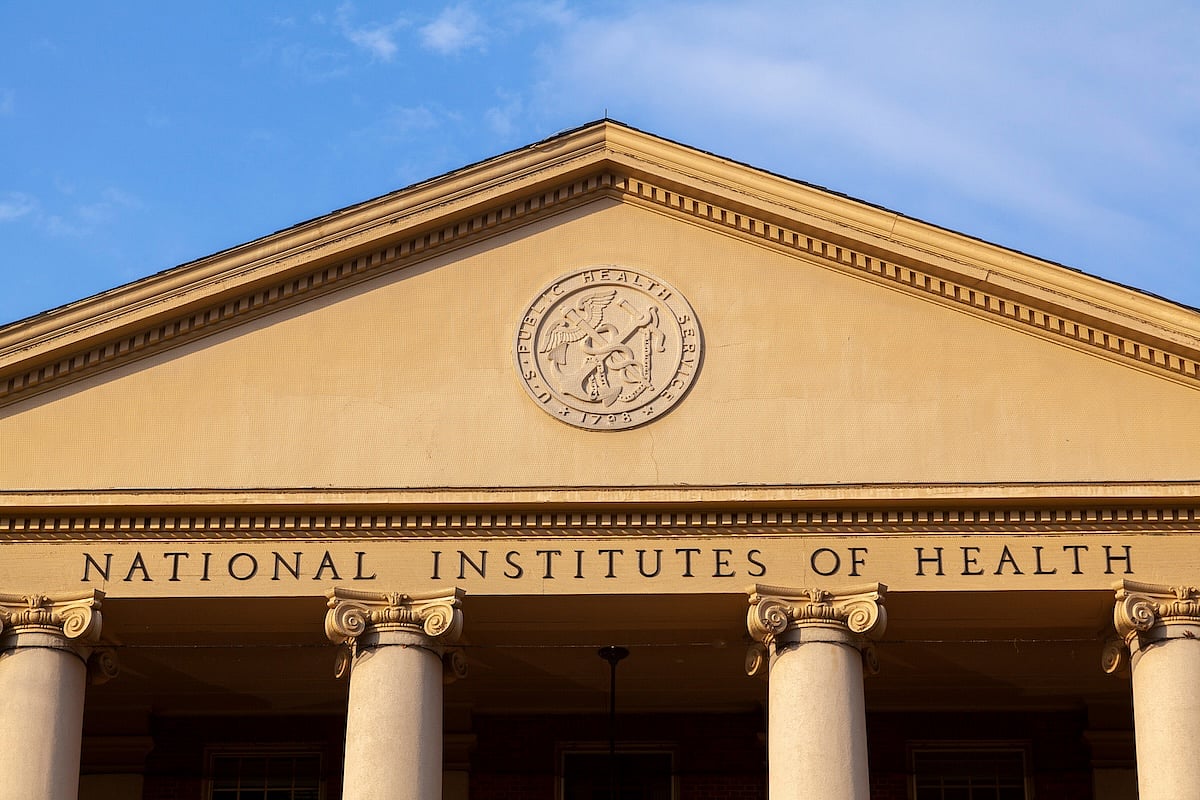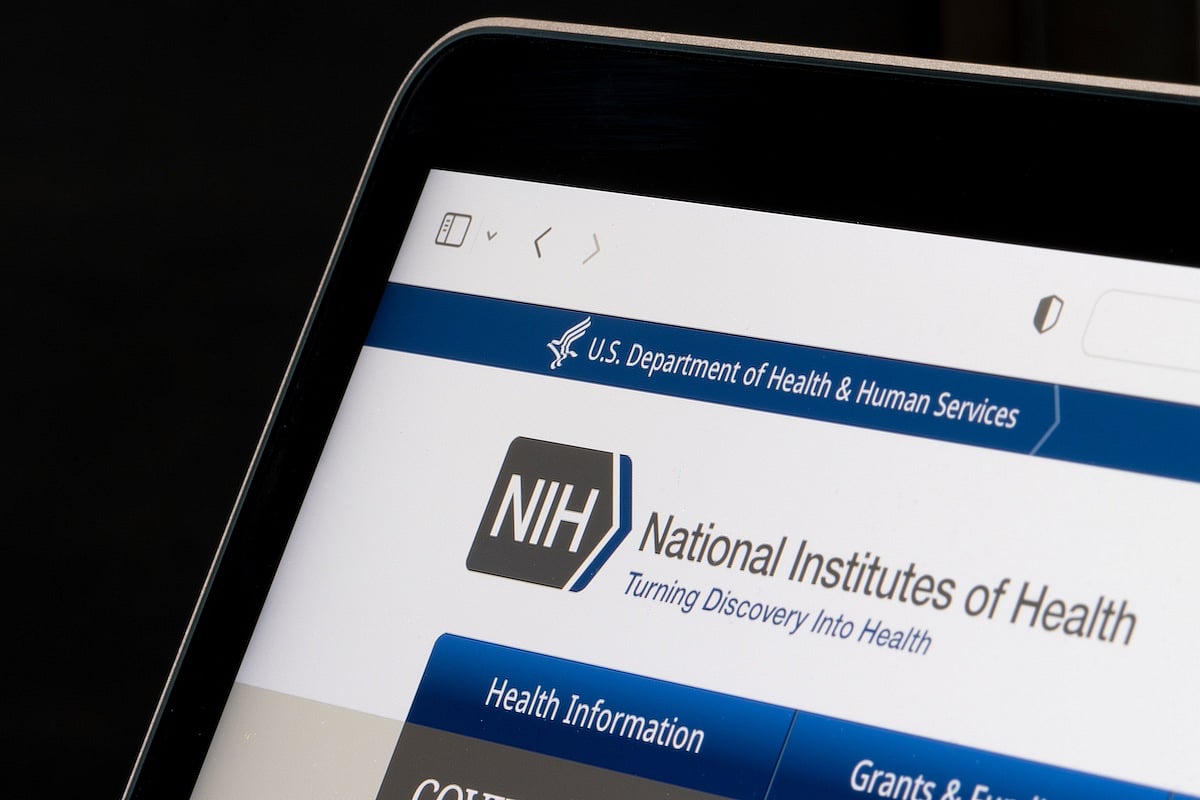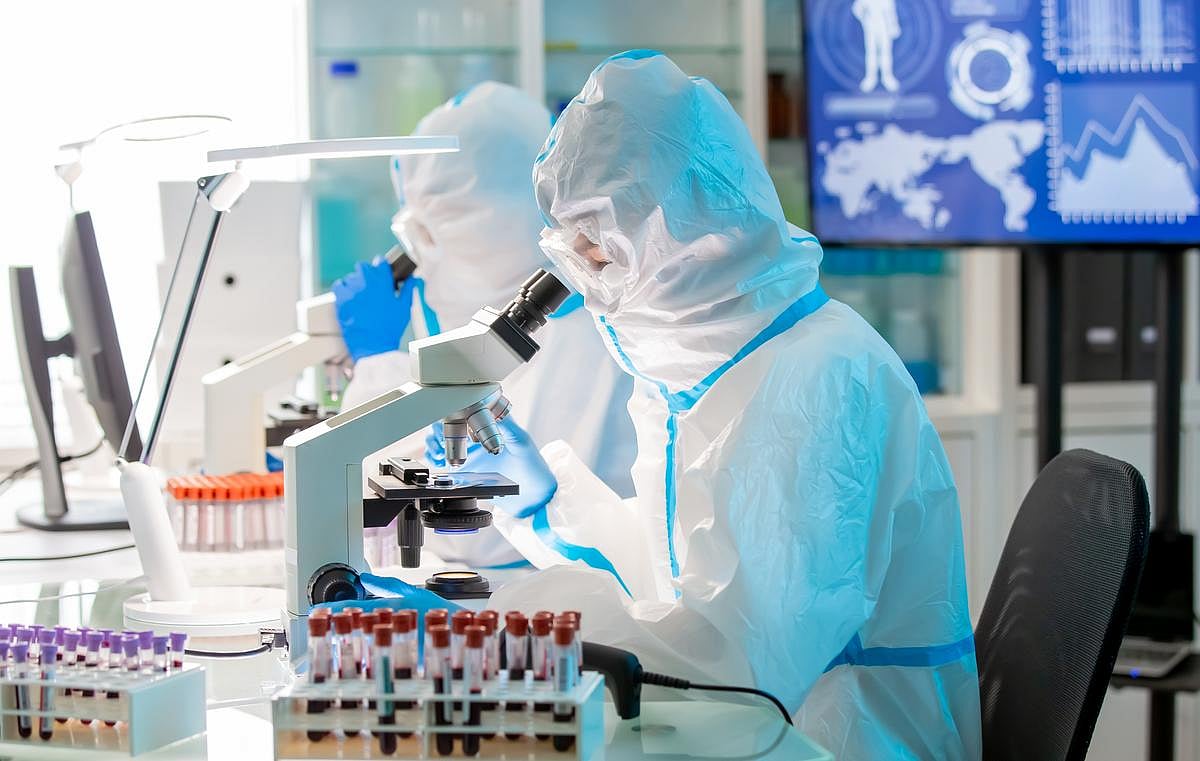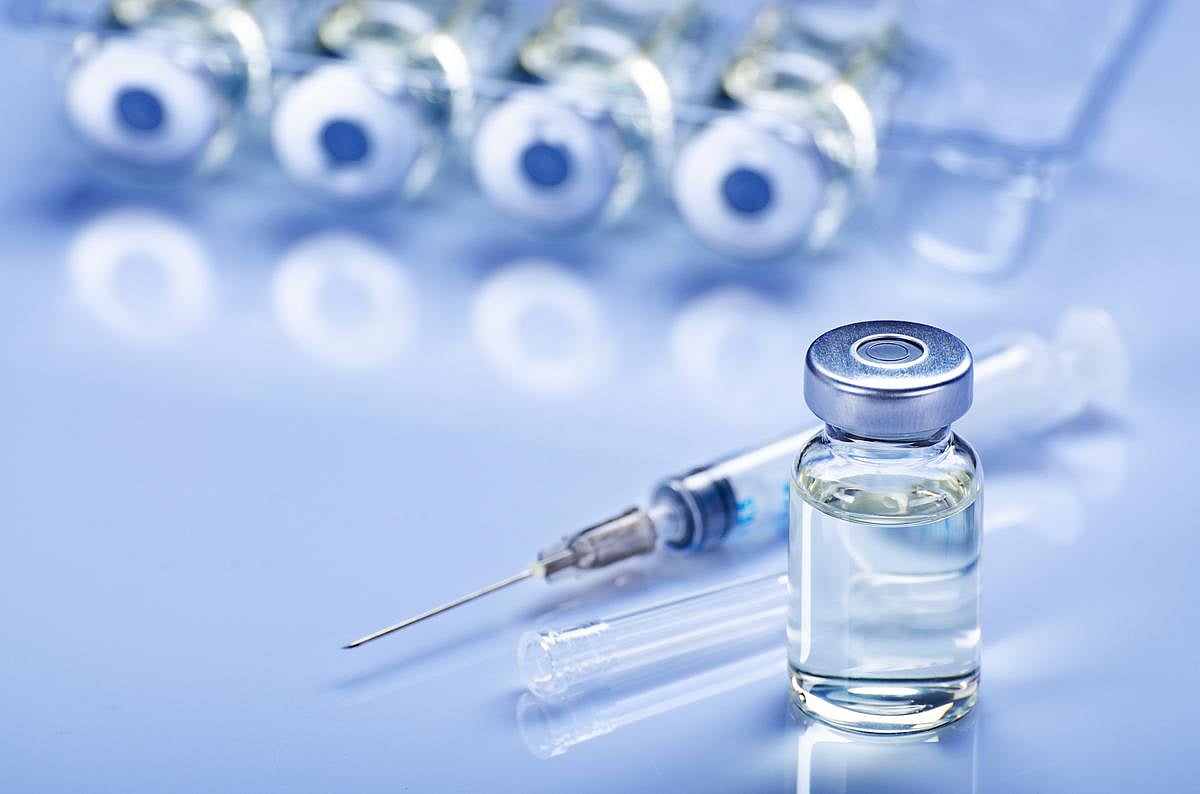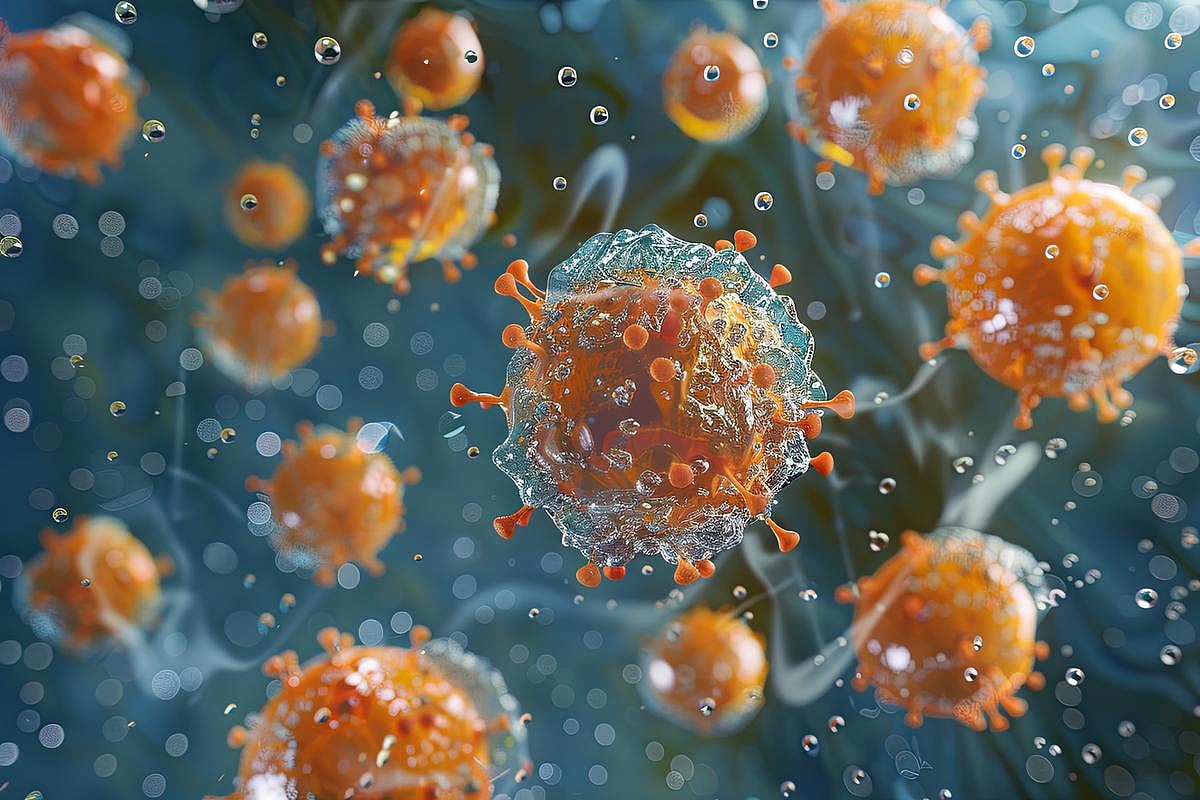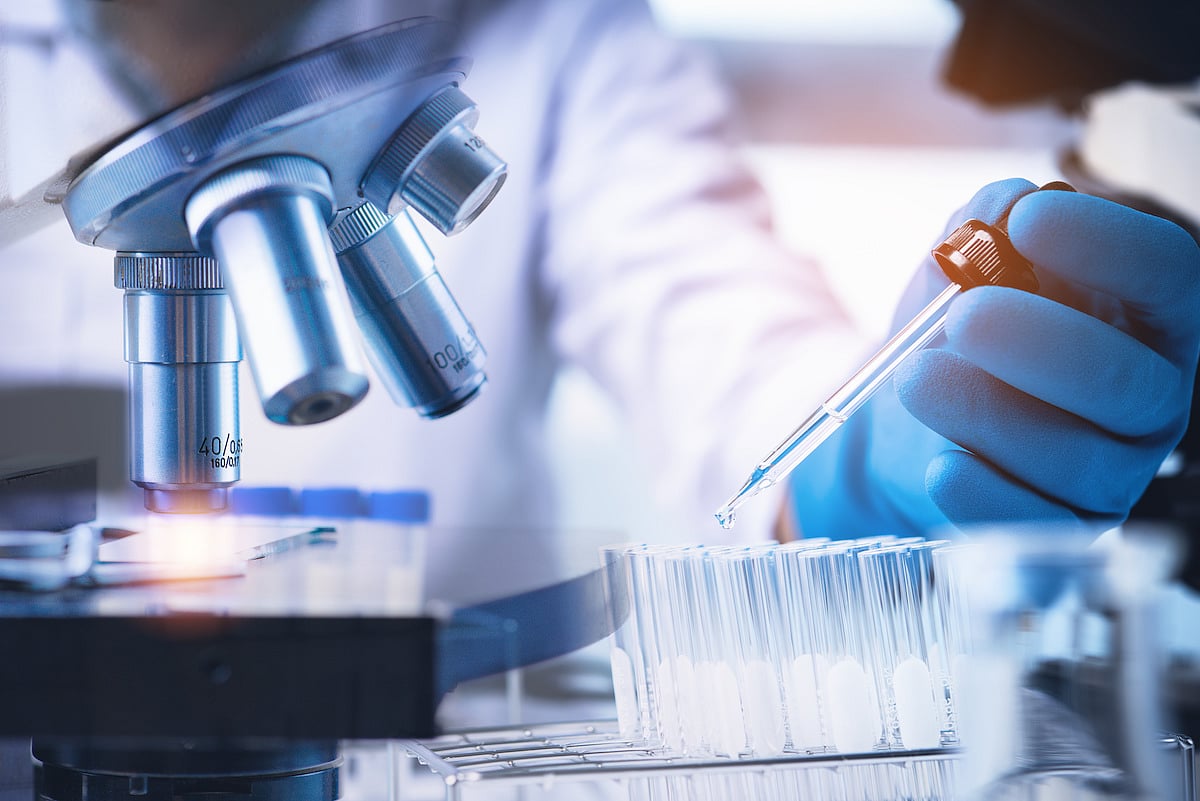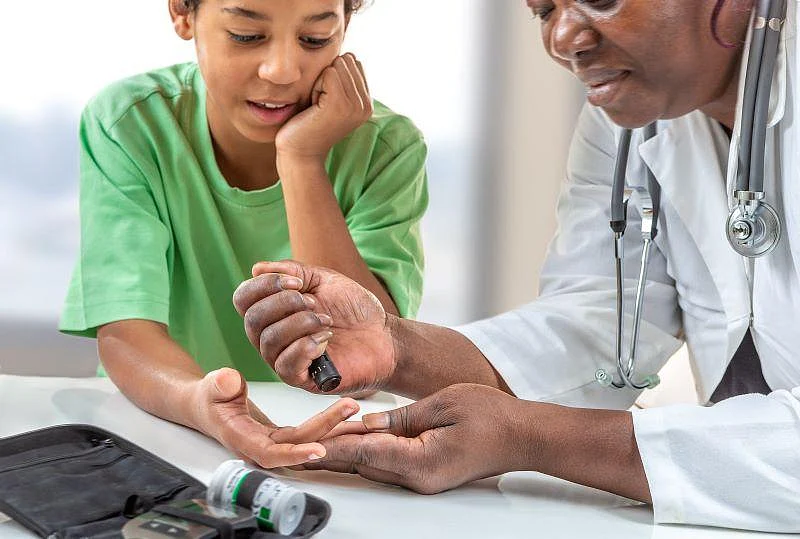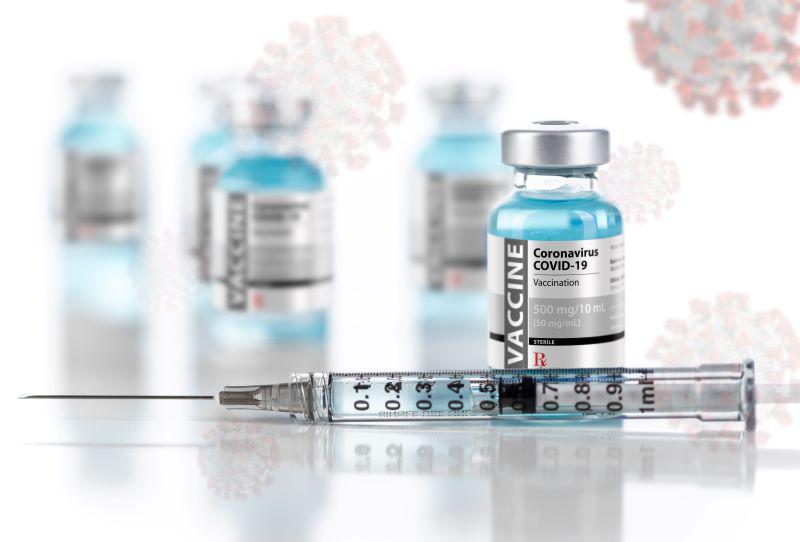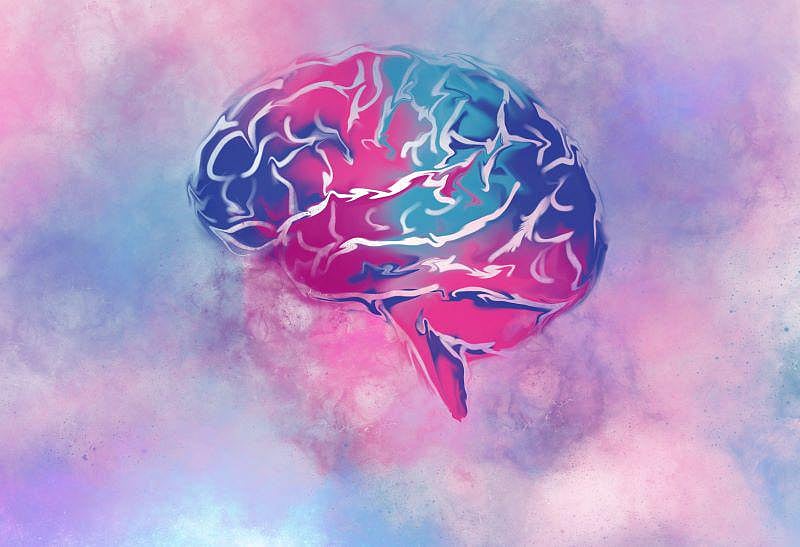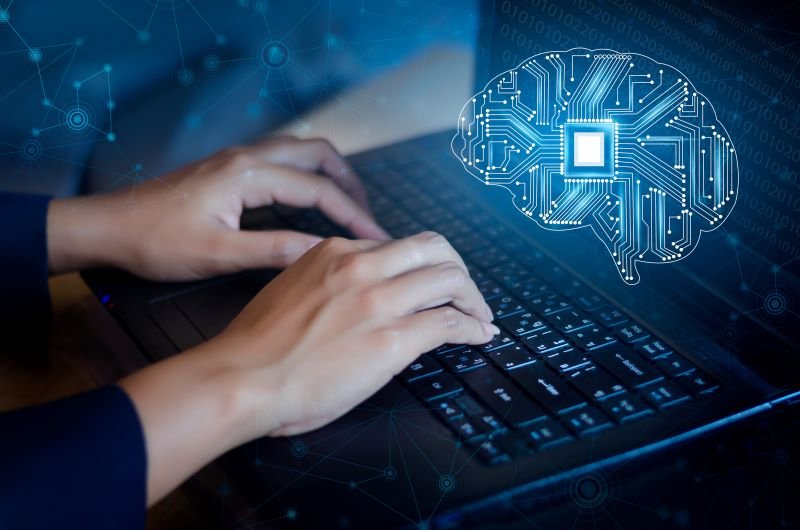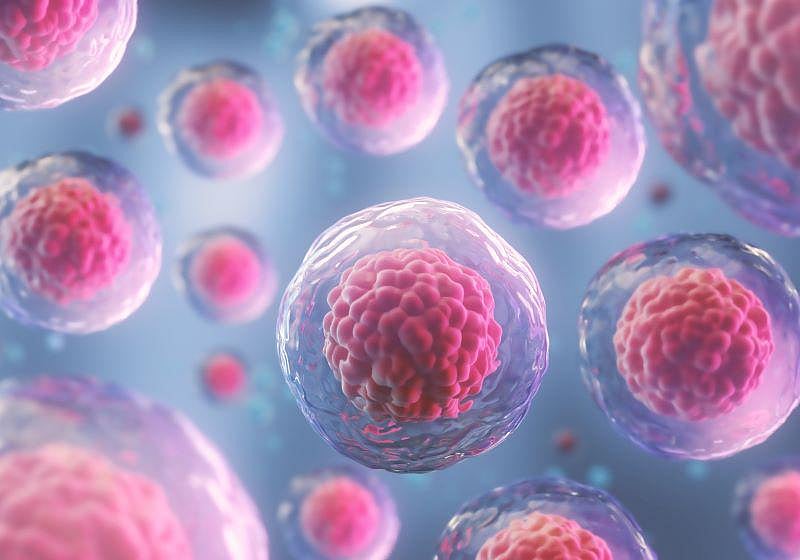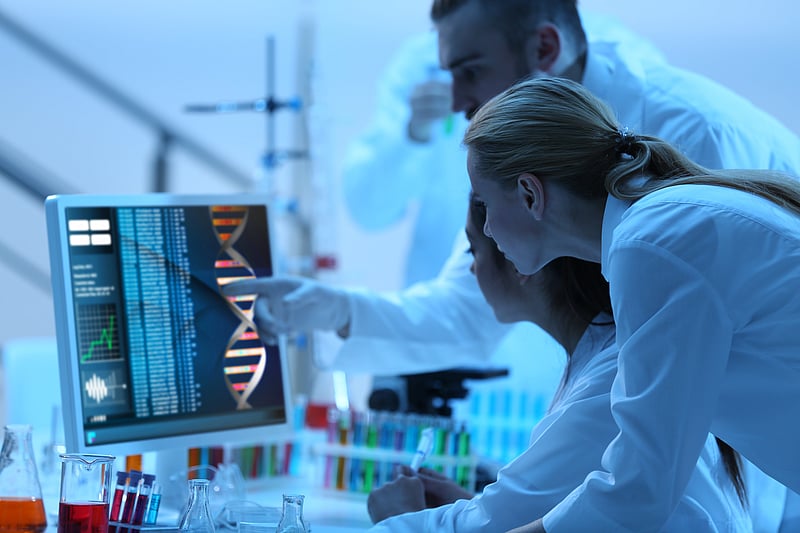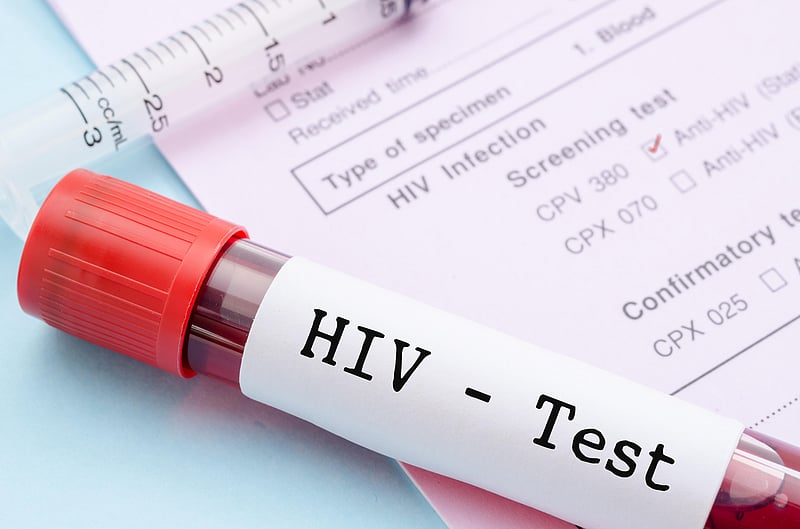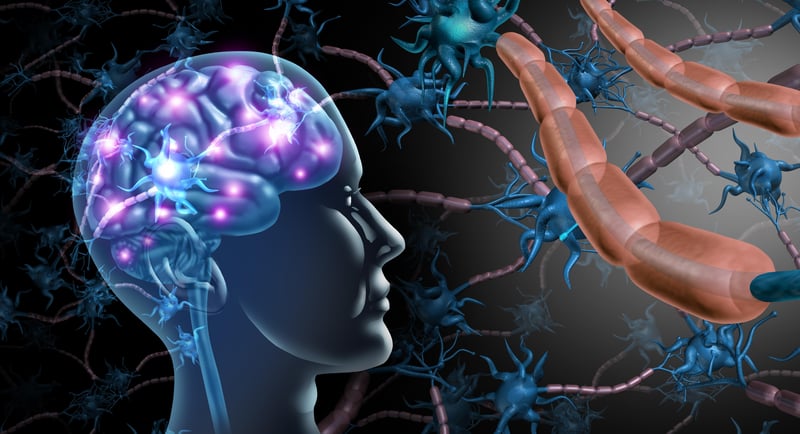Get Healthy!
Results for search "Research &, Development".
05 Dec
Are Politics Shaping America’s Trust in Cancer Science?
A new national survey finds the majority of U.S. adults report having a high level of trust in scientists when it comes to cancer information, but the results also suggest politics do play a role.
Health News Results - 198
The abortion pill mifepristone has long been at the center of heated political discussions.
But a new review suggests that behind the scenes, the federal agency that regulates the drug usually followed the science, not politics, when making key decisions about it.
The
Thousands of clinical trial participants lost access to important medical studies this year after the Trump administration terminated hundreds of National Institutes of Health (NIH) grants, according to new research published in JAMA Internal Medicine.
The study found that 383 clinical trials had their NIH funding cut this year between late February and August, affecting more tha...
- I. Edwards HealthDay Reporter
- |
- November 18, 2025
- |
- Full Page
WEDNESDAY, Oct. 1, 2025 (HealthDay News) — In a move that surprised many in the scientific community, the National Institutes of Health (NIH) has awarded $50 million to 13 research projects focused on the complex and credible causes of autism.
The grants were announced just days after top administration officials, including Health Secretary
Nike co-founder Phil Knight and his wife, Penny, will donate $2 billion to Oregon Health & Science University (OHSU) to expand cancer research and patient care.
The school called it the largest single donation ever made to a U.S. university.
The gift will help OHSU expand its cancer detection programs, grow a...
- I. Edwards HealthDay Reporter
- |
- August 18, 2025
- |
- Full Page
U.S. Department of Health and Human Services (HHS) Secretary Robert F. Kennedy Jr. has canceled nearly $500 million in grants and contracts meant to support mRNA vaccine development, the agency announced Tuesday.
The funding had been awarded to 22 research projects managed by the Biomedical Advanced Research and Develo...
- I. Edwards HealthDay Reporter
- |
- August 7, 2025
- |
- Full Page
U.S. health officials are warning patients and physicians about safety issues associated with two Boston Scientific heart implants, which have been linked to injuries and deaths.
On Wednesday, the U.S. Food and Drug Administration (FDA) issued two alerts about t...
- I. Edwards HealthDay Reporter
- |
- August 7, 2025
- |
- Full Page
The Bill & Melinda Gates Foundation announced Monday it will invest $2.5 billion in women’s health over the next five years — one of its largest commitments to date.
Bill Gates said too many health conditions that affect women, including preeclampsia,
A large new study will follow the health and well-being of thousands of transgender and gender nonconforming young people in the U.K., researchers at King’s College London announced Thursday.
The $14 million study will track up to 3,000 children and teens who have received care from the National Health Service (NHS) for gender-related distress.
The goal is to better understand...
- HealthDay Reporter
- I. Edwards
- |
- August 5, 2025
- |
- Full Page
The rise of “fake” science poses a serious threat to the integrity of academic research, a new study warns.
A widespread underground network of fraudsters is pumping out fake scientific results at an ever-increasing pace, researchers reported in the Proceedings of the National Academy of Sciences.
In fact, the publicatio...
- HealthDay Reporter
- Dennis Thompson
- |
- August 5, 2025
- |
- Full Page
A presentation scheduled for a U.S. Centers for Disease Control and Prevention (CDC) vaccine meeting today claimed that a vaccine preservative could cause long-term brain effects — but the study it cited doesn’t appear to exist.
The slide, posted online Tuesday, cited a 2008 paper titled "Low-level neonatal thimerosal exposure: Long-term consequences in the brain," and was sai...
- HealthDay Reporter
- I. Edwards
- |
- June 26, 2025
- |
- Full Page
The first two years of a baby’s life are critical for brain development, and how the brain grows during that time may help predict future learning, behavior and health.
That’s according to experts at Cedars-Sinai, who are working to better understand how brain connections and genetics influence a child’s development.
“We want to use advanced imaging as a tool...
- HealthDay Reporter
- I. Edwards
- |
- June 21, 2025
- |
- Full Page
A longtime vaccine critic hired by Health Secretary Robert F. Kennedy Jr. is reviewing safety data in an effort to revisit debunked claims that vaccines may cause autism.
Orthopedic surgeon Dr. David Geier, a well-known antivaccine activist, hopes to uncover proof that health off...
- HealthDay Reporter
- I. Edwards
- |
- June 12, 2025
- |
- Full Page
With their goofy grins and feathery gills, axolotls have become stars of the pet world and video games like Minecraft.
But these small, smiling salamanders are also helping scientists explore a medical mystery: Can people someday regrow arms or legs?
Axolotls are special because they can regrow body parts no matter the age. Lose a leg? They’ll grow it back. Damage to the...
- HealthDay Reporter
- I. Edwards
- |
- June 11, 2025
- |
- Full Page
U.S. Health and Human Services Secretary Robert F. Kennedy Jr. said this week that he may no longer allow government scientists to publish research in top medical journals.
Kennedy made the statement on a podcast called The Ultimate Human where he...
- HealthDay Reporter
- I. Edwards
- |
- May 29, 2025
- |
- Full Page
A mother with stage 4 colon cancer faces an uncertain future after federal staff cuts delayed her experimental cancer treatment.
Natalie Phelps, 43, was accepted into an immunotherapy study at the National Institutes of Health (NIH). But her treatment has been delayed due to ...
- HealthDay Reporter
- I. Edwards
- |
- May 15, 2025
- |
- Full Page
The European Union is looking to capitalize on the Trump administration's dismantling of U.S. research programs to beef up its own.
A $565 million program unveiled Monday aims to make "Europe a magnet for researchers," Ursula von der Leyen, president of the European Commission, said.
"Unfortunately, we ...
- HealthDay Reporter
- Carole Tanzer Miller
- |
- May 7, 2025
- |
- Full Page
The Trump administration has canceled more than $800 million in research focused on LGBTQ health, cutting hundreds of studies on cancer, HIV and other diseases that affect sexual and gender minority groups.
Experts say the move could harm public health and reverse progress made in preventing...
- HealthDay Reporter
- I. Edwards
- |
- May 6, 2025
- |
- Full Page
The U.S. Department of Health and Human Services (HHS) said it will not create a new autism registry, reversing an earlier announcement from the National Institutes of Health (NIH).
"We are not creating an autism registry. The real-world data platform will link existing d...
- HealthDay Reporter
- I. Edwards
- |
- April 29, 2025
- |
- Full Page
The U.S. Department of Health and Human Services (HHS) will launch a “massive testing and research effort” to explore the causes of autism, Secretary Robert F. Kennedy Jr. said Thursday.
Kennedy, a longtime critic of vaccines, shared the plan with President Donald Trump during a televised Cabinet meeting, <...
- HealthDay Reporter
- I. Edwards
- |
- April 11, 2025
- |
- Full Page
Federal cuts to funding could “decimate” medical research in the United States, delaying cures and costing countless lives, according to a leader in cancer research.
There’s been an overall freeze in funding from the National Institutes of Health (NIH) since the start of the Trump Administration, and it’s been “pretty disruptive to the field,”
Scientists from around the world are making headway in compiling a Human Cell Atlas -- a deep dive into the myriad types of cells in the body and their disparate roles in health and disease.
The atlas is not yet complete, but 40 different scientific papers on cell research, published Nov. 20 in the journal Nature...
- HealthDay Reporter
- Ernie Mundell
- |
- November 20, 2024
- |
- Full Page
MONDAY, Aug. 5, 2024 (HeathDay News) -- A new antimicrobial compound can effectively clear “flesh-eating†bacterial infections in mice, a new study shows.
The compound could be the first in an entirely new class of antibiotics, which could prove invaluable in the fight against
A new drug to treat Alzheimer's disease was approved by the U.S. Food and Drug Administration on Tuesday.
In clinical trials, donanemab (Kisunla) modestly slowed the pace of thinking declines among patients in the early stages of the memory-robbing disease. But it also carried ...
- HealthDay Reporter
- Robin Foster
- |
- July 2, 2024
- |
- Full Page
More patients these days are taking part in cancer research, a new study finds.
At least one in five people with cancer (22%) participate in some form of clinical research, when all types of cancer studies are considered, researchers found.
Moreover, enrollment in cancer treatment trials wa...
- HealthDay Reporter
- Dennis Thompson
- |
- April 3, 2024
- |
- Full Page
A protein that shuts down immune cells in the lungs could be key to a new treatment for asthma attacks, a new report says.
The naturally occurring protein, called Piezo1, prevents a type of immune cell called type 2 innate lymphoid cells (ILC2s) from becoming hyperactivated by allergens.
An expe...
- HealthDay Reporter
- Dennis Thompson
- |
- March 26, 2024
- |
- Full Page
President Joe Biden plans to sign an executive order on Monday that will broaden the scope of medical research in women.
The order "will direct the most comprehensive set of executive actions ever taken to expand and improve research on women's health," the White House said in a
The Trump administration's attacks on scientists didn't shake Americans' confidence in science, a new analysis shows.
"The proportion of Americans with a low level of trust in scientific expertise rose from 3% in 2016 to 13% in 2020," said lead author Jon Miller, a research scientist emeritus at the Center for Political Studies at the ...
- HealthDay Reporter
- Carole Tanzer Miller
- |
- March 12, 2024
- |
- Full Page
First Lady Jill Biden on Wednesday announced $100 million in federal funding to fuel research into women's health.
"We will build a health care system that puts women and their lived experiences at its center,"Biden said in a White House
Everyone's heard of fighting fire with fire.
Now that tactic is coming to breast cancer treatment.
Researchers think they've figured out a better way to fight breast cancer fueled by the female hormone estrogen"by employing mechanisms used by the male hormone androgen.
An experimental drug called enobosarm stimulates the androgen receptor on cancer cells, which functions as a ...
- HealthDay Reporter
- Dennis Thompson
- |
- February 14, 2024
- |
- Full Page
The prestigious Dana Farber Cancer Institute in Boston will retract six studies and correct 31 more as part of an ongoing investigation into claims of data manipulation.
The action follows allegations that a British molecular biologist posted in a blog earlier this month suggesting researchers...
- HealthDay Reporter
- Robin Foster
- |
- January 23, 2024
- |
- Full Page
After a massive five-year effort, researchers have unveiled an "atlas"that gives an unprecedented look at the intricacies of the human brain.
The atlas, which will be available to researchers everywhere, can be seen as similar to the atlases we all know: a book of maps.
But this one catalogues human brain c...
- HealthDay Reporter
- Amy Norton
- |
- October 12, 2023
- |
- Full Page
For people with tough-to-treat epilepsy, seizures can be both frightening and dangerous, but a new experimental pill may bring significant relief to over one-third of them.
Dubbed XEN1101, the new drug reduced the frequency of seizures by more than 50%, or even eliminated them, in some patients with focal epilepsy who did not respond to an average of six other drugs.
"I am predictin...
- HealthDay Reporter
- Steven Reinberg
- |
- October 10, 2023
- |
- Full Page
People with type 1 diabetes lack functional islet cells in their pancreas to produce the hormone insulin and must take daily insulin via injections or a continuous pump to compensate.
But if new research pans out, some folks with type 1 diabetes may no longer need ...
- HealthDay Reporter
- Denise Mann
- |
- October 4, 2023
- |
- Full Page
This year's Nobel Prize for physiology or medicine has been awarded to two scientists who laid the groundwork years ago for the mRNA research that made COVID-19 vaccines possible.
Dr. Katalin Karikó, the 13th woman to ever receive the honor, and
An advisory panel to the U.S. Food and Drug Administration on Wednesday voted resoundingly against recommending a stem cell-based experimental treatment for ALS.
Although the FDA isn't bound by the votes of its advisory panels, agency scientists have already penned a scathing review of the drug, called NuOwn.
Th...
- HealthDay Reporter
- Cara Murez
- |
- September 28, 2023
- |
- Full Page
You might think you know what a normal body temperature is, but there is no such thing.
Analyzing the age-old belief that 98.6 Fahrenheit is normal human temperature, scientists at Stanford Medicine found that your temperature is personal.
It also depends on age, sex, height and weight, and changes throughout the day.
"Most people, including many doctors, still think that ever...
- HealthDay Reporter
- Cara Murez
- |
- September 5, 2023
- |
- Full Page
Public health officials have detected the new BA.2.86 variant of COVID-19 in U.S. wastewater, giving rise to concerns about the highly mutated variant in the United States.
The U.S. Centers for Disease Control and Prevention announced the detection on Wednesday. ...
- HealthDay Reporter
- Cara Murez
- |
- August 24, 2023
- |
- Full Page
The brain is a complex organ, and a new study -- believed to be the largest ever on the brain's genetics -- identifies more than 4,000 genetic variants linked to brain structure.
The research, involving some 36,000 brain scans, was led by a team at the University of Cambridge in England.
Brains are quite varied in terms of overall volume, how the brain is folded and how thick the fo...
- HealthDay Reporter
- Cara Murez
- |
- August 18, 2023
- |
- Full Page
The famous Pink Floyd lyrics emerge from sound that is muddy, yet musical:
"All in all, it was just a brick in the wall."
But this particular recording didn't come from the 1979 album "The Wall," or from a Pink Floyd concert.
Instead, researchers created it from the reconstituted brainwaves of people listening to the song "Another Brick in the Wall, Part 1."
This is...
- HealthDay Reporter
- Dennis Thompson
- |
- August 15, 2023
- |
- Full Page
The family of Henrietta Lacks has filed another in a series of planned lawsuits over the use of Lacks' cells without her knowledge or consent.
Known as the HeLa cell line, it has changed modern medicine because of the cells' unusual ability to survive in laboratories, making it possible for researchers to repro...
- HealthDay Reporter
- Cara Murez
- |
- August 14, 2023
- |
- Full Page
Cervical cells from Henrietta Lacks, a cancer patient who died more than 70 years ago, are a cornerstone of modern medicine, but her family has never been compensated for the cells taken without her knowledge.
Until now.
Thermo Fisher Scientific of Waltham, Mass., has settled a lawsuit filed in 2021 by the...
- HealthDay Reporter
- Cara Murez
- |
- August 1, 2023
- |
- Full Page
Children who have a chronic immune system disease that can prevent them from eating may eventually have a new treatment, decades after the condition was first identified.
"Parents and doctors may not be aware of this, but this is a very prominent and serious disease in the pediatric population, and it is increasing in number because it is directly related to food allergens, which are also...
- HealthDay Reporter
- Cara Murez
- |
- August 1, 2023
- |
- Full Page
A multinational team of engineers and surgeons has developed a bionic hand with a high level of function in every finger -- a significant advance for amputees.
The team, from the United States, Sweden, Australia and Italy, developed a way to reconfigure what remains of a patient's limb. Then, they integrated sensors and a skeletal implant to connect with a prosthesis both electrically an...
- HealthDay Reporter
- Cara Murez
- |
- July 12, 2023
- |
- Full Page
Researchers can now detect the COVID-19 virus in any animal using a new all-species test.
It's an advance that they say will help track COVID-19 variants in wild and domesticated animals.
"Highly sensitive and specific diagnostic reagents and assays are urgently needed for rapid detection and implementation of strategies for prevention and control of the infection in animals,"the re...
- HealthDay Reporter
- Cara Murez
- |
- July 10, 2023
- |
- Full Page
Scientists hope to learn more about the earliest stages of human development using models of embryos created from stem cells.
The models, from University of Cambridge scientists, could ultimately shed light on why and how pregnancies fail, as well as on genetic disorders.
The models are three-dimensional and created from stem cells, not egg and sperm, so they cannot grow into babies...
- HealthDay Reporter
- Cara Murez
- |
- June 30, 2023
- |
- Full Page
Scientists say they have created the first synthetic human embryo models, not actual human embryos but models meant to simulate and better understand early human development.
These embryo-like structures were created from single human embryonic stem cells, without eggs and sperm, by scientists in the United States and United Kingdom, CNN reported.
Some HIV patients are naturally able to keep the virus fully in check without any medicinal help, a phenomenon that has intrigued scientists for decades.
New research appears to identify at least one reason why: an abnormally powerful version of an infection-fighting white blood cell called CD8+ T cell.
CD8+ T cell's are a type of T cell, a normal feature in everyone's immune s...
- HealthDay Reporter
- Alan Mozes
- |
- May 19, 2023
- |
- Full Page
Researchers have isolated for the first time a free-floating form of amyloid beta that appears to be a key driver of Alzheimer's disease.
Further, they argue that a newly approved Alzheimer's drug -- lecanemab (Leqembi) -- directly targets these small, complex chains of amyloid beta (A-beta) called fibrils. The U.S. Food and Drug Administration approved lecanemab in January.
The A-b...
- HealthDay Reporter
- Dennis Thompson
- |
- May 10, 2023
- |
- Full Page
Last year, gene researchers made news by announcing the completion of the first complete sequence of the human genome.
That effort has now been expanded, with researchers using that success as a springboard to create a comprehensive and sophisticated collection of genome sequences that more accurately captures human diversity.
The new "pangenome"includes the genome sequences of 47 d...
- HealthDay Reporter
- Dennis Thompson
- |
- May 10, 2023
- |
- Full Page

